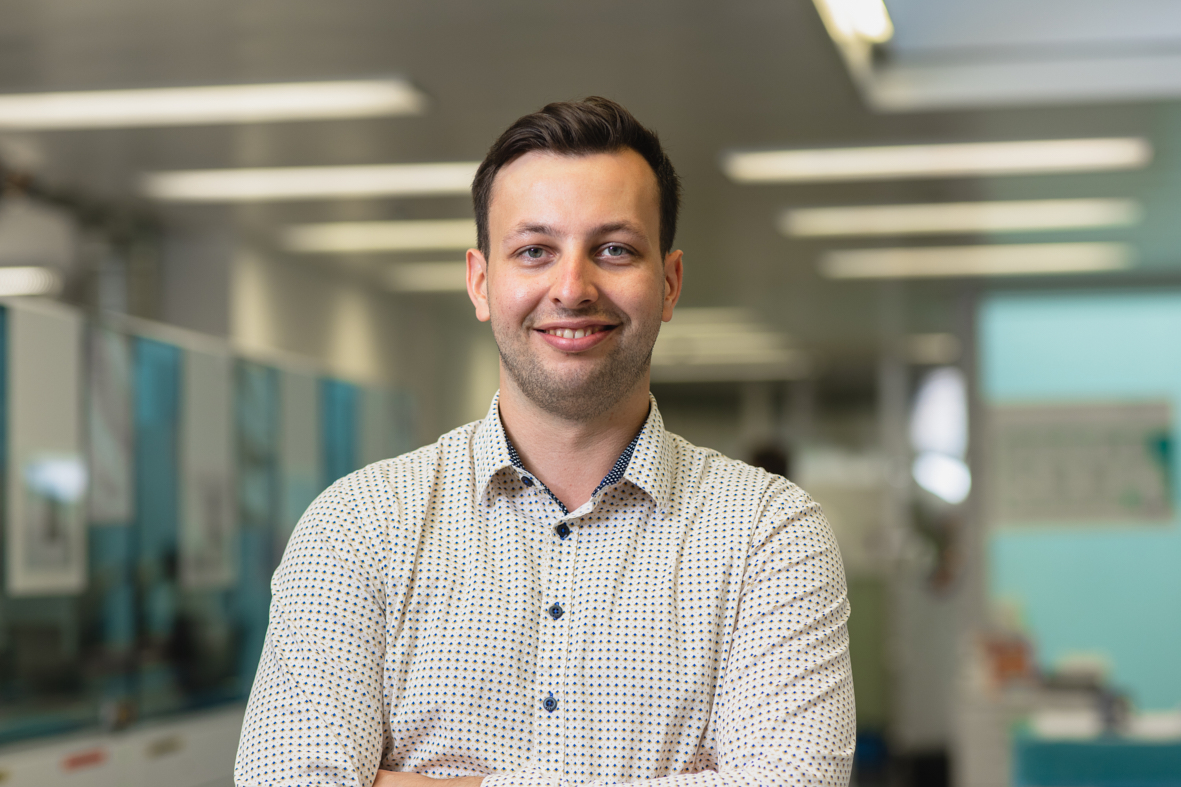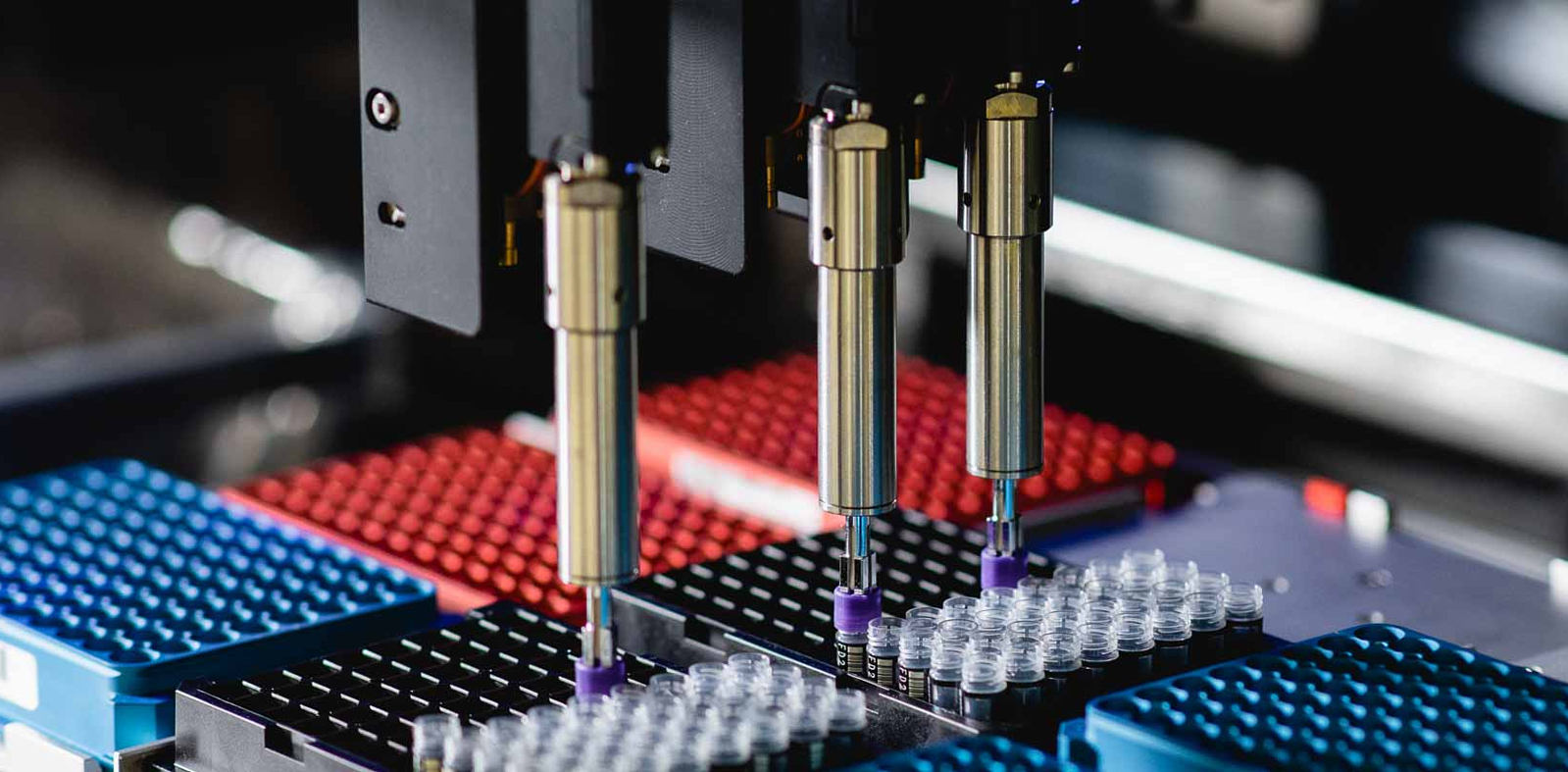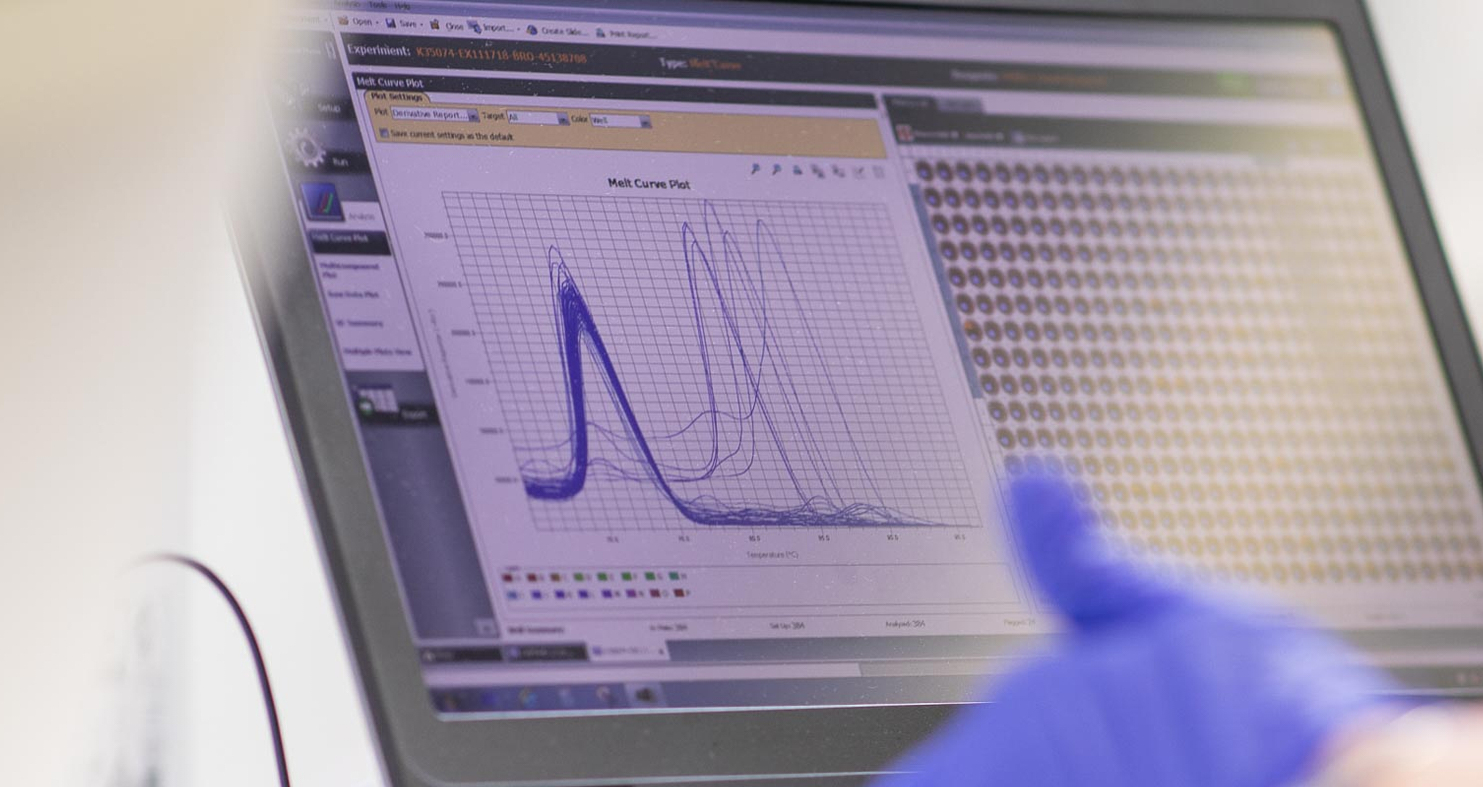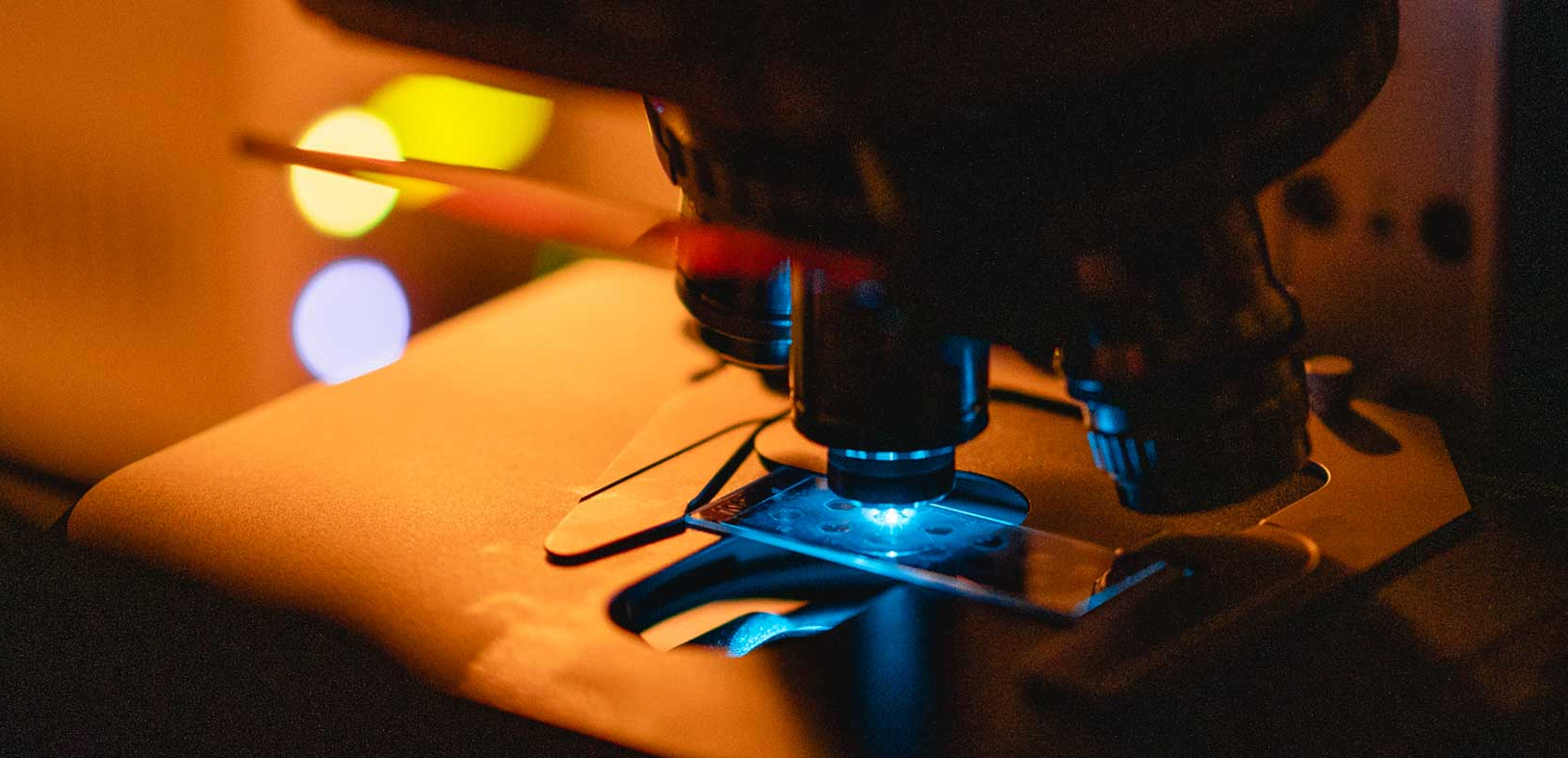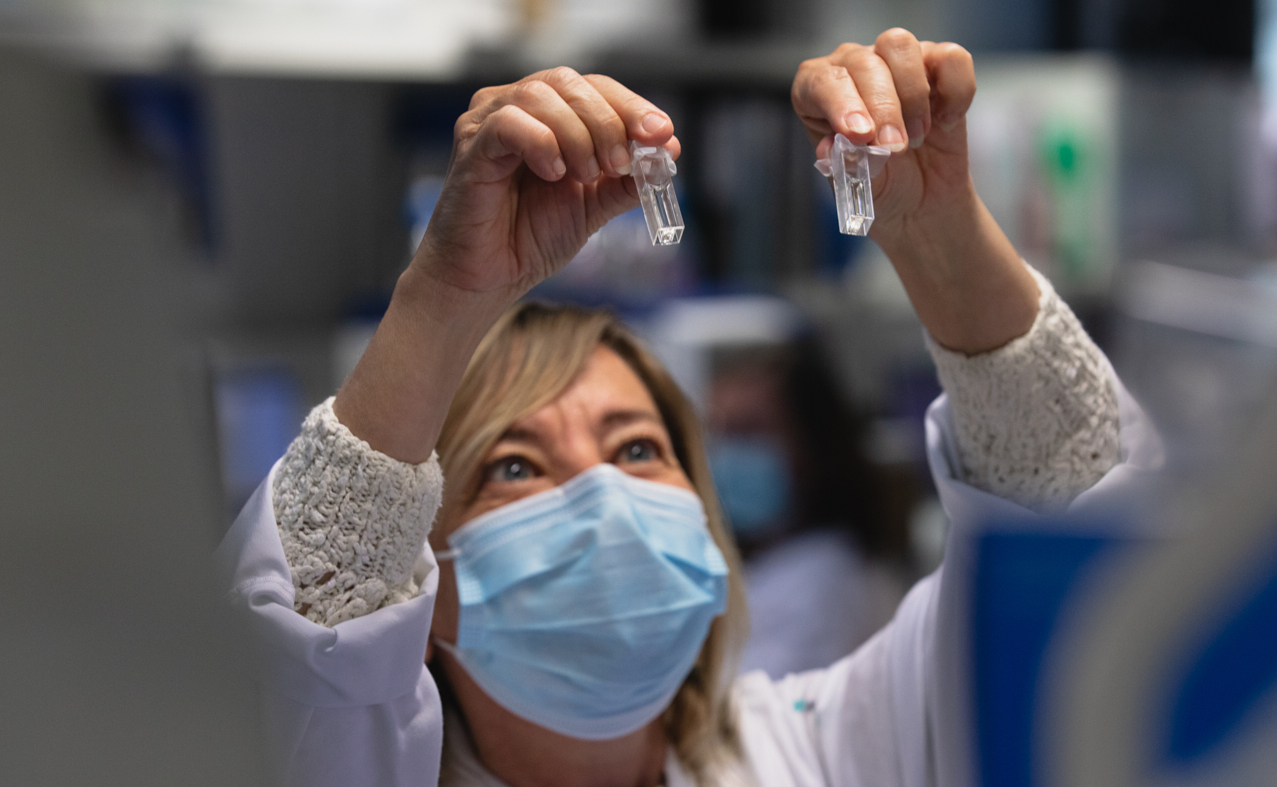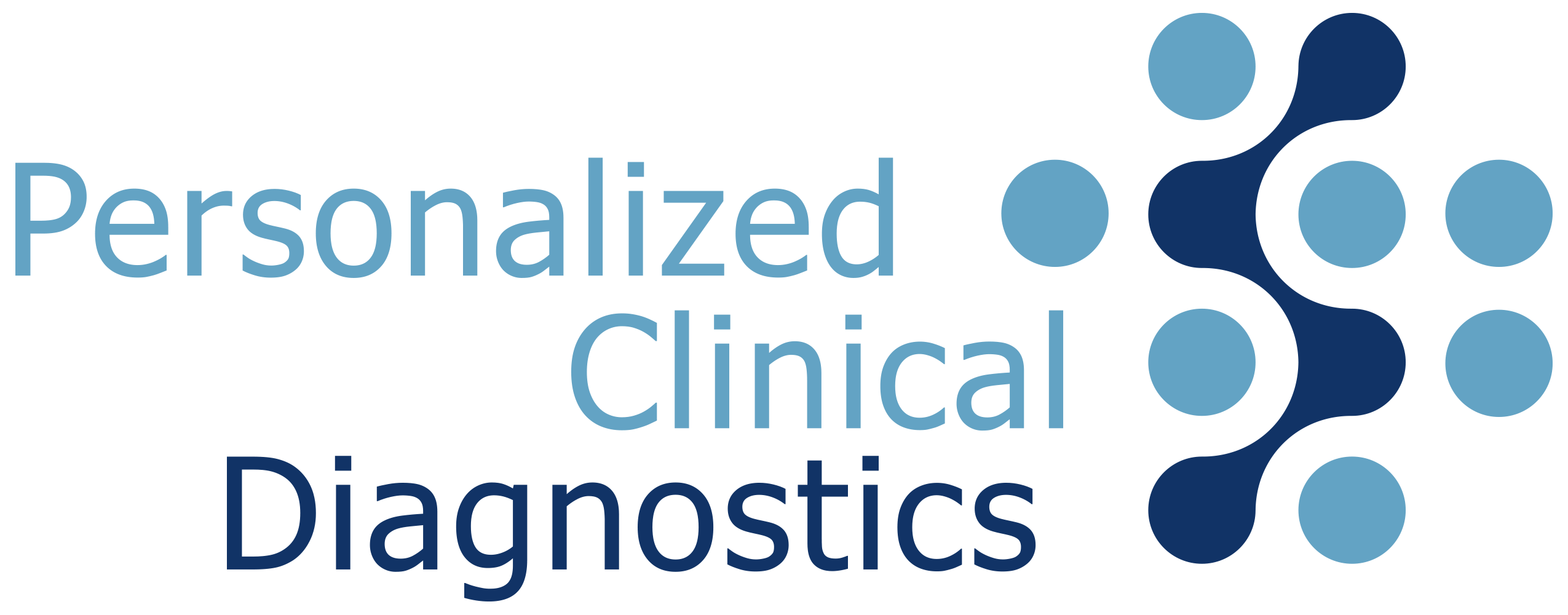
CLINICAL
DECISION
SUPPORT
NEWS
Averting severe embolisms through artificial intelligence
After major surgery or severe inflammation, patients are treated in hospital with the anticoagulant heparin to prevent thrombosis. However, a small number of patients develop a rare complication called HIT (heparin-induced thrombocytopenia), in which the body produces antibodies, paradoxically leading to severe life-threatening embolisms. Only immediate discontinuation of heparin and continued treatment with other aggressive anticoagulants can avert this.
The research team led by Prof. Michael Nagler included clinical and laboratory data from 1393 patients with suspected HIT from 10 hospitals. Combining this information with two clinical questions that can be answered easily in everyday hospital practice, an artificial intelligence (AI) can reliably indicate whether the patient is very likely to have HIT or whether HIT is highly unlikely. Equally possible are the test results: "not very likely" as well as "rather likely", after which the treating physicians can then conduct another test to confirm or rule out the diagnosis.
"A diagnostic machine learning tool like this in the field of laboratory medicine is unique in the world," says Michael Nagler of the approach, which was turned into an online tool with the help of feedback from AI experts at the Center for Artificial Intelligence in Medicine (CAIM) at the University of Bern. "Good approaches to HIT diagnosis have been sought for quite some time. Having said that, our system is truly pioneering and shows significantly improved performance compared to previous diagnostic tools, with strong reductions in false positives but also false negatives."
Click read more to get to the article by Nilius et al. in eClinicalMedicine.

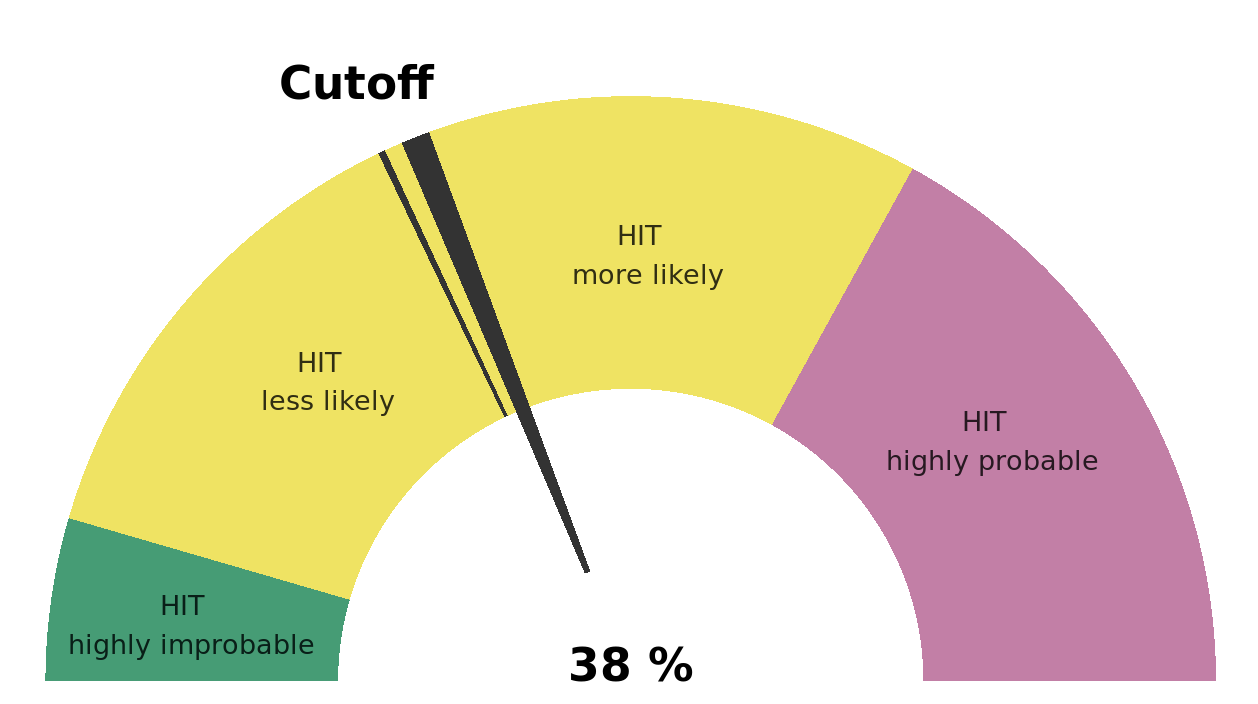
Reliable and fast diagnosis is possible thanks to AI. Provided for the clinic practice.
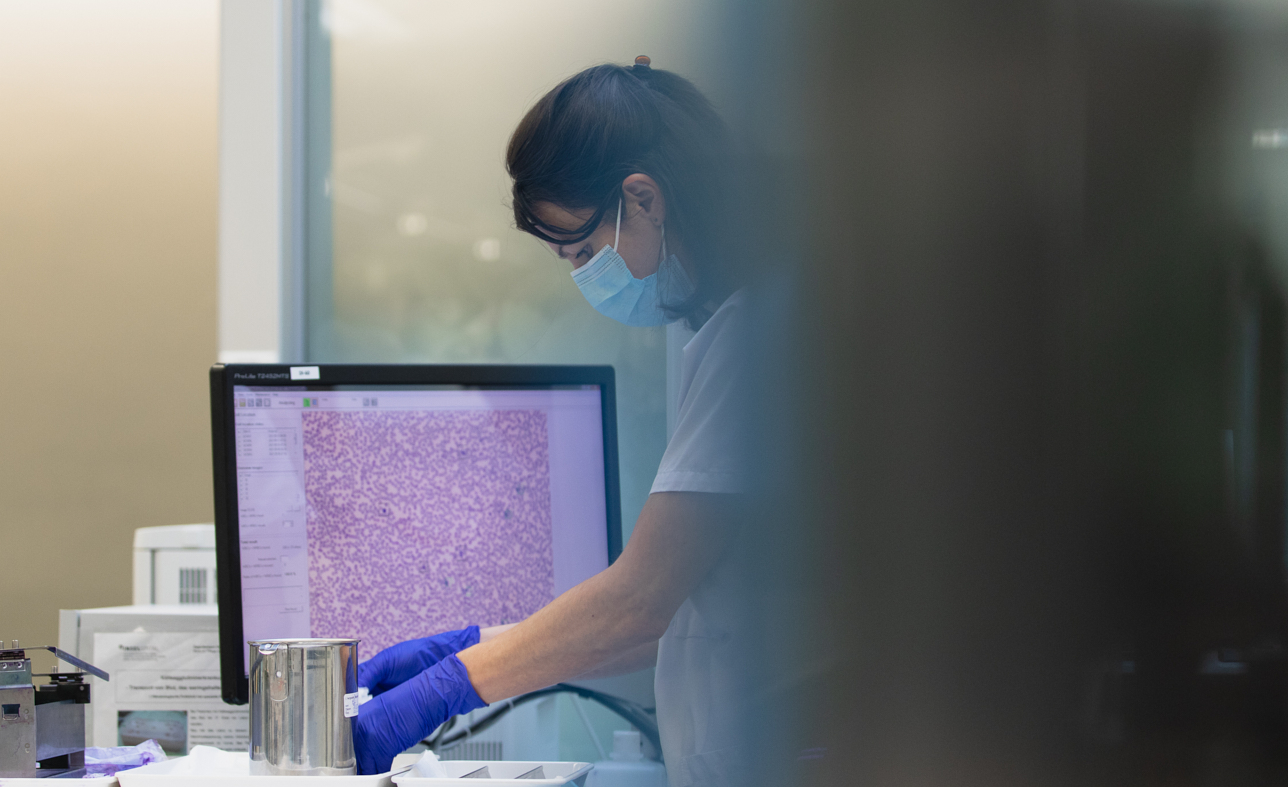
WHO WE ARE
The PCD research group is a multidisciplinary team affiliated with the Department of Clinical Chemistry at Inselspital, Bern University Hospital, and the University of Bern. In a team of clinicians, laboratory specialists, epidemiologists, and experts in machine-learning algorithms, we develop innovative diagnostic tools for patients' individualized and more accurate diagnosis, prognosis, and management.
VISION, MISSION AND COMPETENCIES
Recent developments in laboratory analytics, including proteomics, genomics, metabolomics, immune profiling, and the creation and linkage of clinical databases, lead to vast amounts of health-related information (multi-omics). Optimal integration of these multi-layered data might not only result in a better understanding of the mechanisms of disease and the interaction of different biological factors, but it can also result in an individualized and more accurate diagnosis, prognosis, and management of patients.
We profoundly develop, extensively validate, and implement innovative diagnostic instruments with a higher value in terms of diagnostic accuracy, predictive value, or monitoring efficacy. We integrate clinical and laboratory data using machine-learning algorithms. We focus on innovative instruments to enable individualized interpretations. We cover the entire process from translational research through clinical studies to clinical practice implementation.
We bring a profound knowledge and wide experience in clinical medicine, laboratory medicine, and patient-oriented research methods. Besides, significant expertise exists in developing clinical prediction models and their implementation, including machine learning algorithms. Associated with the Center for Laboratory Medicine at Inselspital, we have access to a comprehensive spectrum of high-end laboratory technologies (incl. genomics, pharmacogenomics, cytomics). Besides, an extensive network of recognized experts in all areas of laboratory analytics and clinical medicine exists. The Inselspital University Hospital sees large patient numbers, including patients with severe and rare diseases. A close collaboration exists with the Inselspital Data Science Center and the Biobank Bern.
Optimized diagnostic tests can have a significant effect on clinical decision-making and health care processes. Asymptomatic patients would be screened effectively, diagnoses made solidly, reliable predictions about future clinical events could be made, and the effects of treatments are monitored sensitively. To date, we have done this job insufficiently. Most laboratory tests have not been adequately evaluated, and clinical needs are often not met. Besides, generic results are provided rather than individualized interpretations..
TEAM


Research Assistant

Research Assistant
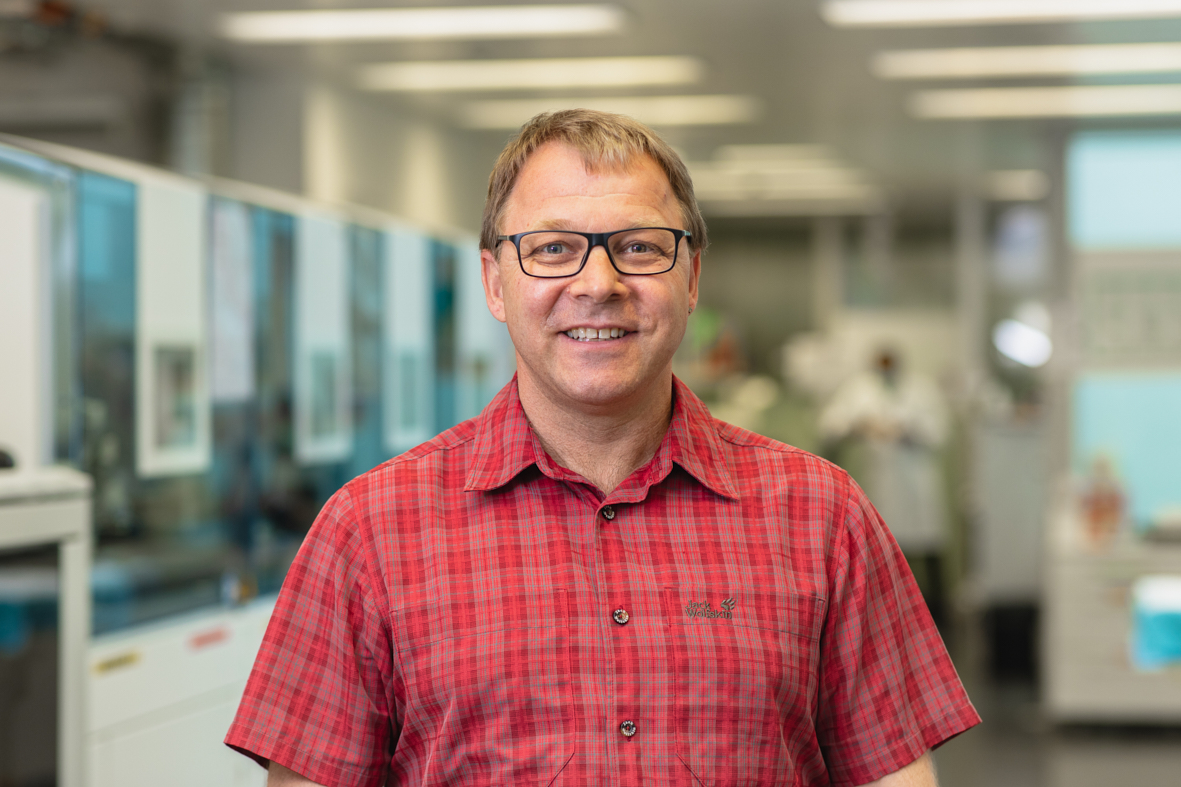

Research Assistant

Research Assistant
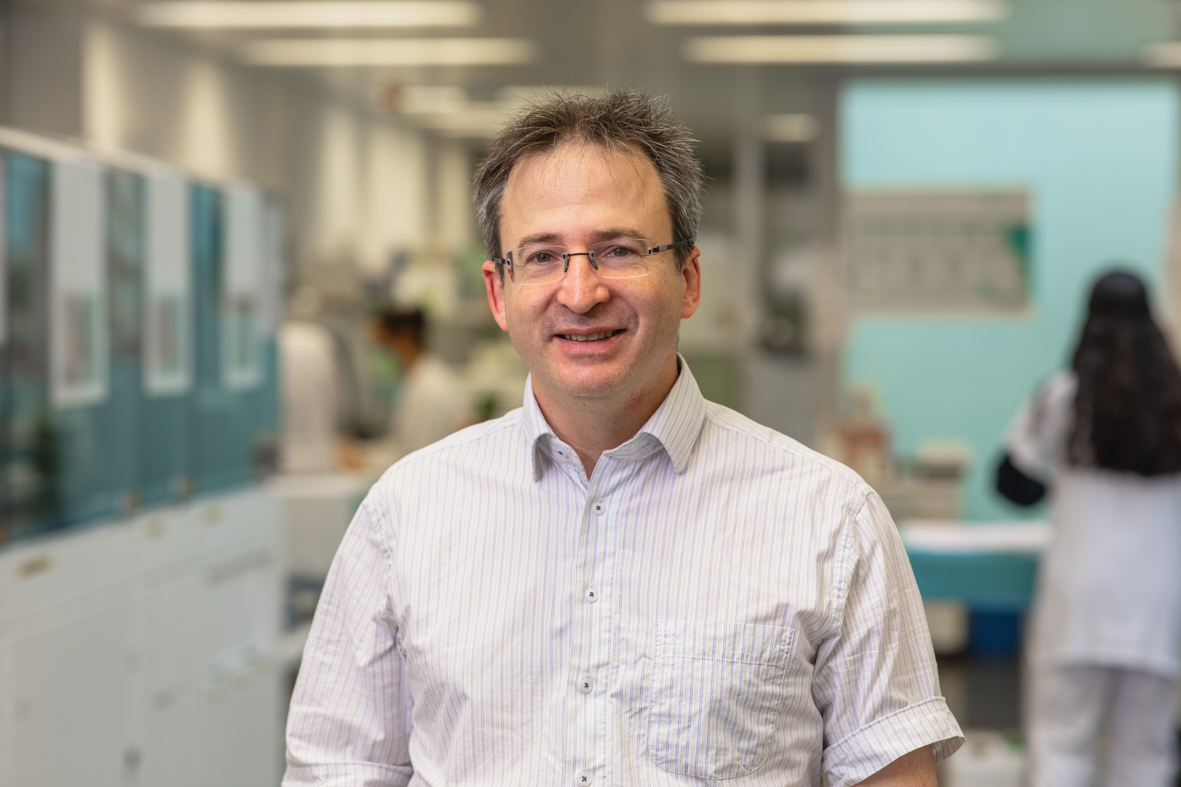

Research Assistant

Research Assistant
CURRENT PROJECTS
The TORADI-HIT study is a prospective, multicenter cohort study aiming to improve diagnostic instruments for heparin-induced thrombocytopenia (HIT). More than 1’400 patients are already included in 11 study centers in Switzerland, Germany, and the USA. We developed a diagnostic prediction model and a first proof-of-concept prototype for implementation (https://toradi-hit.dbmr.unibe.ch/). The project was repeatedly presented at international congresses, and several articles have already been published. This study is funded by the Swiss National Science Foundation, SNSF (http://p3.snf.ch/project-179334), and the International Society on Thrombosis and Haemostasis, ISTH (https://www.isth.org/general/custom.asp?page=toradihit ).
The IA-COVID is a prospective cohort study studying the diagnostic accuracy of various serological testing strategies for (a) identification of patients with previous coronavirus disease-2019 (COVID-19) and (b) prediction of neutralizing antibodies against SARS-CoV-2 in real-life clinical settings (n>4’000). Results have been published in high-ranked international journals ( https://doi.org/10.1111/all.14608 ).
In the AgiP study, we assessed the accuracy of a rapid antigen test in diagnosing SARSCoV-2 infection in real-life clinical settings (n=1’465; https://doi.org/10.1016/j.ijid.2021.07.010 ). We found that the sensitivity was disturbingly low, questioning the current Swiss testing strategy. This study has caused a significant media interest in Switzerland.
The SIMPLE-Xa study is a prospective multicentre cohort study aiming to study laboratory tests to monitor direct oral anticoagulants in clinical practice. More than 900 patients were included in 10 Swiss study centers. Two manuscripts are published (
https://doi.org/10.1111/bjh.17470 ;
https://doi.org/10.3389/fcvm.2021.717939 ), others are submitted for publication. The study is funded by several public and industry partners.
The SeProV study (Secondary prevention of venous thromboembolism) is based on an existing patient registry, cross-linked with external databases (n=6’638). We study the secondary prevention of venous thromboembolism. Industry partners fund this study. The first manuscript is published (
https://www.frontiersin.org/articles/10.3389/fcvm.2021.749342/abstract ).
- Swiss Working Party Haemostasis
- Prof. Thomas C. Sauter (Telenotfallmedizin und e-Health, Inselspital University Hospital, Bern, Switzerland)
- Prof. Raphael Sznitman (Center for Artificial Intelligence in Medicine (CAIM), University of Bern, Switzerland)
- Prof. Andreas Greinacher (University Medicine Greifswald, Greifswald, Germany)
- Prof. Adam Cuker (Perelman School of Medicine, University of Pennsylvania, Philadelphia, USA)
- PD Sigve Haug (Mathematical Institute, University of Bern, Bern, Switzerland)
Our research is supported by the Swiss National Science Foundation, the International Society on Thrombosis and Haemostasis (ISTH), and various industry partners.
